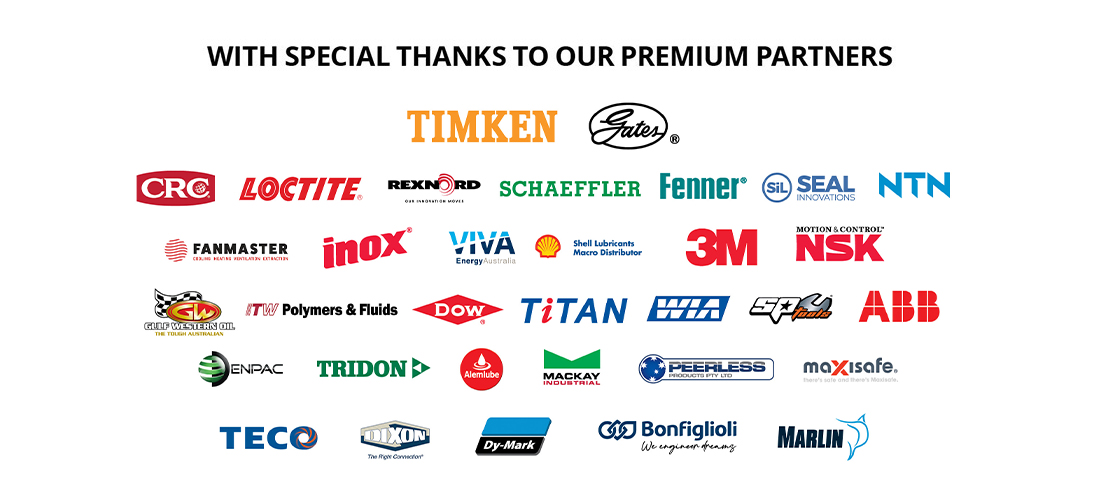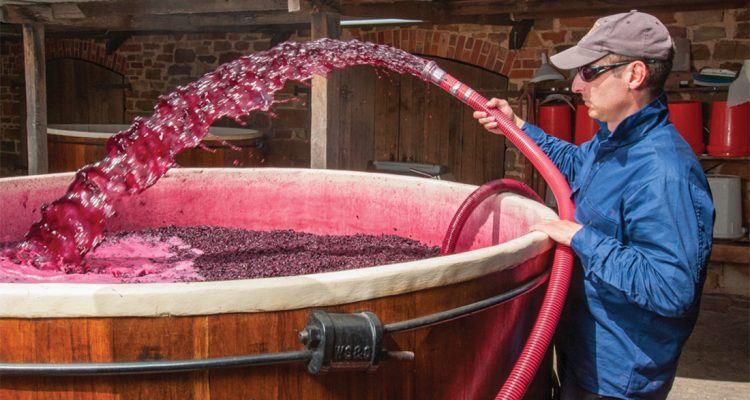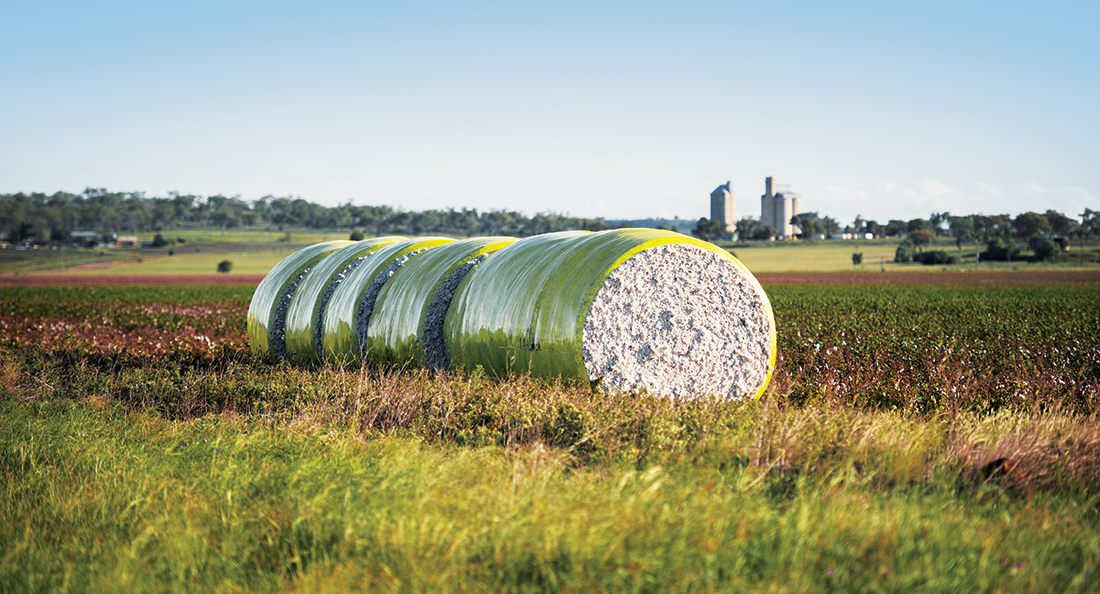The food and beverage industry in Australia is subject to regulations that align with ANSI requirements and promote acceptance by USDA and FDA regulatory authorities. “Beverage producers such as wineries and breweries must ensure that the pump and valve equipment on site are in accordance with hygienic standards and guidelines and do not compromise the quality of their product,” says Michael Rowe.
According to the BSC National Product Manager for Fluid Transfer, Dixon is one BSC supplier that is leading the charge in fluid transfer and control. “This is in part due to their dedication to certification programs such as the 3-A Sanitary Standards (3-A SSI) and the European Hygienic Engineering and Design Group (EHEDG) certification,” says Michael.
Both 3-A SSI and EHEDG are in the business of aggregating the latest knowledge and guidelines across the food and beverage sector.
“3-A and EHEDG are the most longstanding and active organised bodies in determining the design criteria for food-safe equipment and processing systems,” says Michael. “Their guidelines are geared toward equipment manufacturers, food processors, and sanitation officers.”
Through 3-A and EHEDG, businesses can become certified by opting into voluntary standardized testing of their products and equipment.
In order to guarantee that their products are in line with USDA and FDA standards, Dixon Sanitary earned its 3-A certification through the 3-A third party verification program, which requires a professional assessment, rather than voluntary. As a result, Dixon has succeeded in introducing an entire range of certified pump and valve equipment that meet with the design criteria for hygienic standards in the food and beverage industry.
“The certifications provide piece of mind to facilities managers that their fluid transfer equipment has a low risk of contamination that could alter the odour or taste of a batch of product,” says Michael. “The pumps and valves are what move liquids around within a processing plant. Similar to installing an adequate filtration system for liquid products, the correct pumps, valving and sealing units are critical to the performance of a processing system.”
Michael explains further with an example: “In a wine making or brewing facility, the products will be pumped from fermenting casks and barrels through filtering, straining, and clarifying systems, and then onward to bottling. If a comparison is drawn between sanitation at home in the kitchen — no one is going to pour a good wine into a dirty glass. From that perspective, one can assume that fluid transfer and processing is delicate work within the beverage industry.”
For wineries and breweries, Michael recommends the Dixon Series pumps, valves, gauges and strainers, which are 3-A and EHEDG certified. In particular, the wine pumps are constructed from 316L marine-grade stainless steel, and feature food-safe single and double mechanical seal options.
“The 316L steel is a low carbon material which prevents carbide precipitation and can withstand variable temperatures,” explains Michael. “The valve seals are made from safe materials; tungsten carbide, silicon carbide, and PTFE (Polytetrafluoroethylene).”
“In addition to material safety, the rubber heli-lobe rotors are a great hydraulic power transmission solution for a pump application. The rubber absorbs vibrations and has a thermal jacket to prevent overheating on continuous operations.”
For wine makers and brewers, the Dixon Sanitary range of products means safe unloading, transferring, and controlling their batches — from fermentation to bottling.
“BSC customers looking for safe passage and protection of their product, should consult with us so we can help customise a fit-to-purpose solution for their processing systems,” says Michael. He concludes, “Utilising safe standard and sanitary systems can make a huge difference when it comes to that final taste test.”




